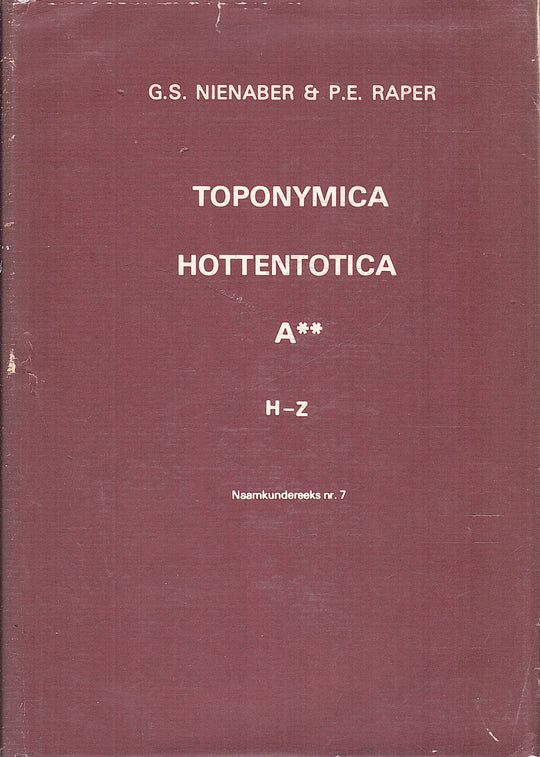ǁNaosanabes
From this anthazinal, it appears that everyone except the time is still relatively young missionary Judt (since 1877 established in Gobabis) the lateral Schnalz writes when they indicate the place name with his suction flap. It will be heard. The tradition of the spelling of NAO (I.P.V. Nau) was inlaid by Dr. Flahn 1879 and set by the PNC under the appointment of Dr. Vedder 1949. This spelling is apparently the result of Dr Hahn's own etrimology, and when it was only accepted as 'correct', the statement was inevitable that it was with 'ancestors' etc.. in connection, or better, brought. Everyone crowes afterwards. Now hahn had looked, but there is justified doubt, viz. Whether it is the only distraction. The doubt stems from the relatively detailed quotes from the Judgment Eggt's report sent to occupy the Wesleyan mission. He said, by the way,, however, settled on Gobabis. Eggert did much effort about the original name, O.M. to determine its spelling and meaning. To establish a Rhense post in a place with the name of another Society, did not take it for granted. As far as he could notice, the old name meant 'pointed birthflare', alone, he could not understand the application well, and it hampered him. He believes it is topographically understandable, viz. that the 'stain' trees were on the hanging This view that he will observe on the spot, his statement entirely departs from what the other later understood, and also in the statement of the first member. We believe he was in better prevalence to determine the real meaning Set, and see no reason why we should not return to this. The name of the source has passed on the farm and station, as so often happened.




